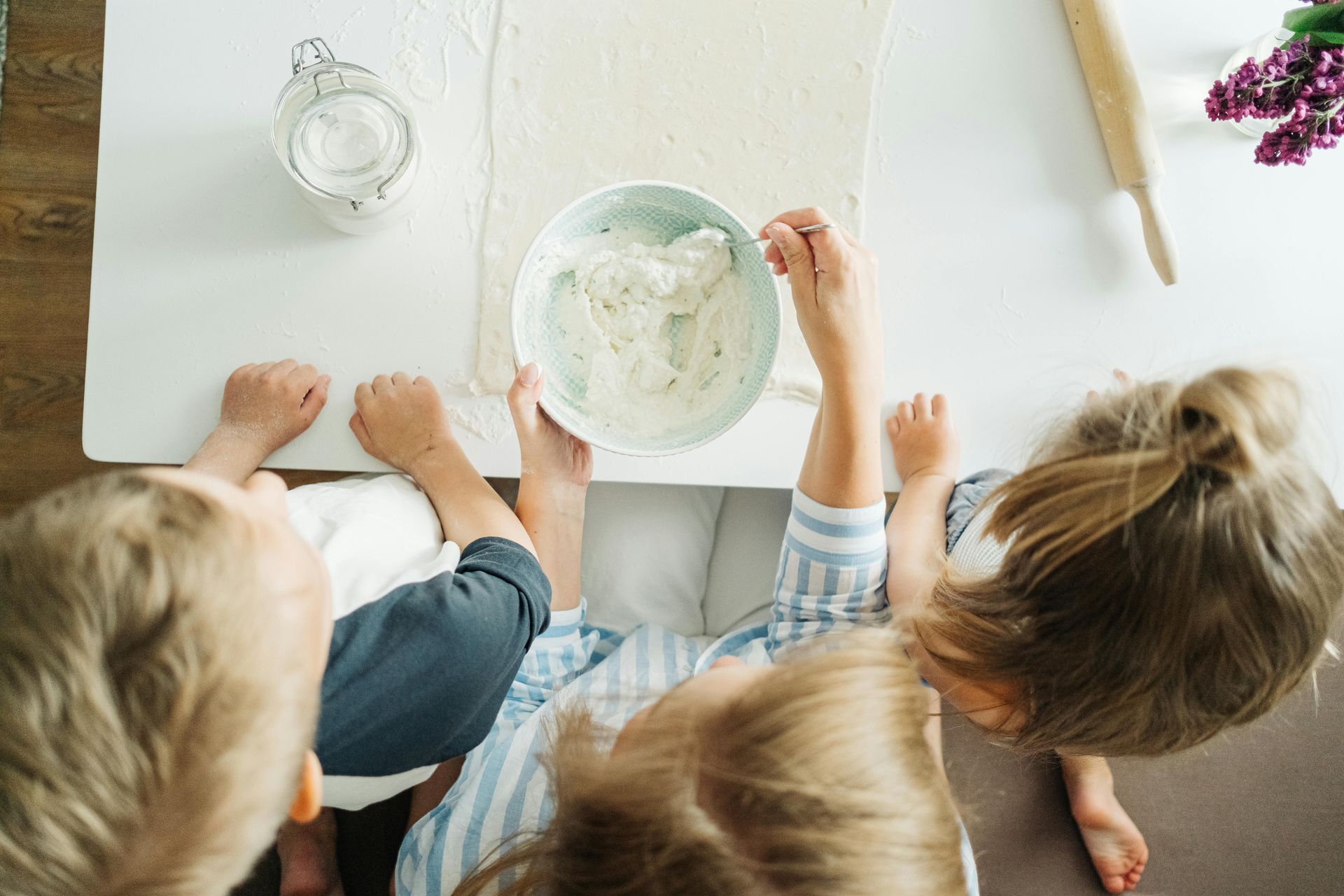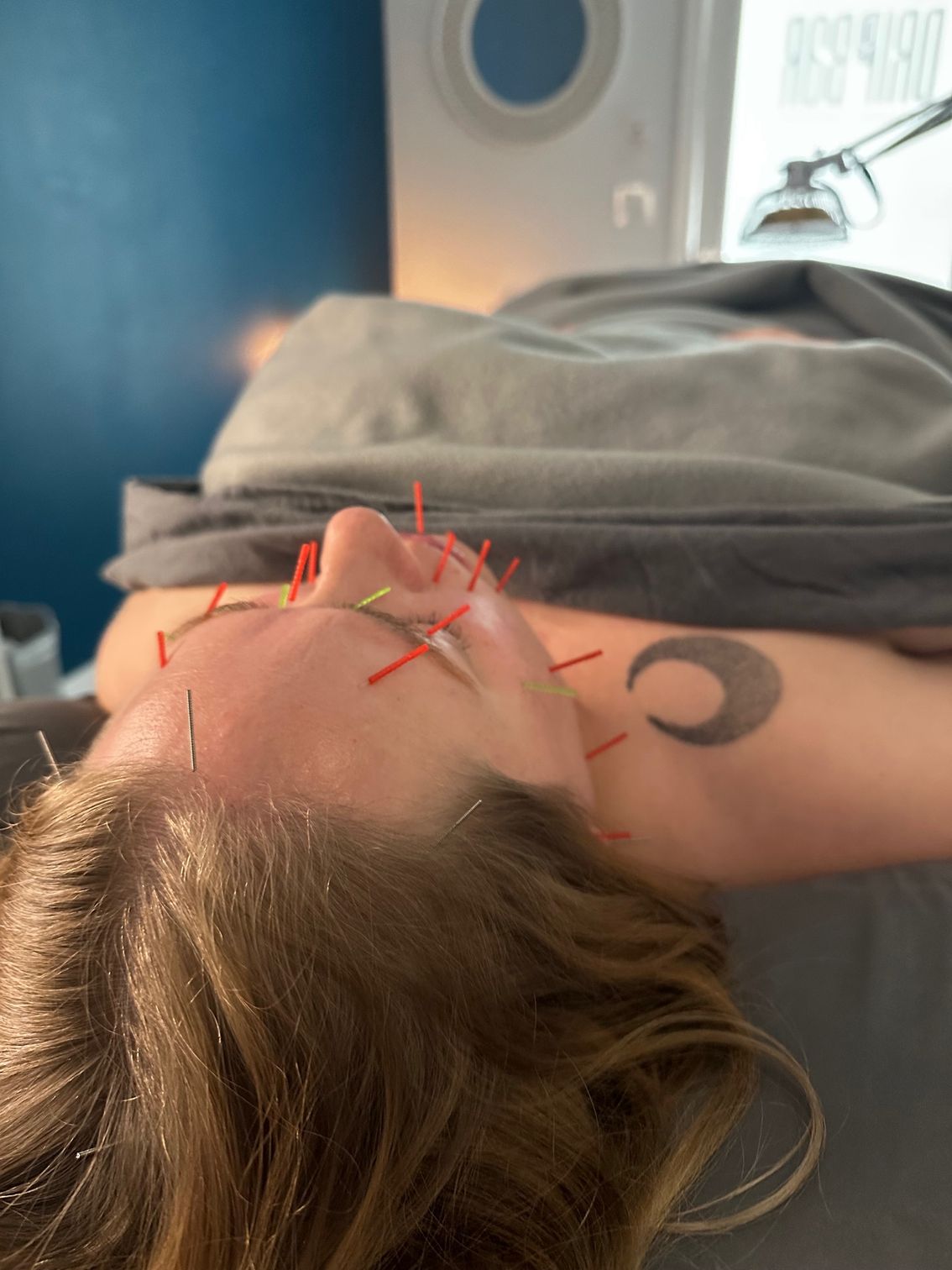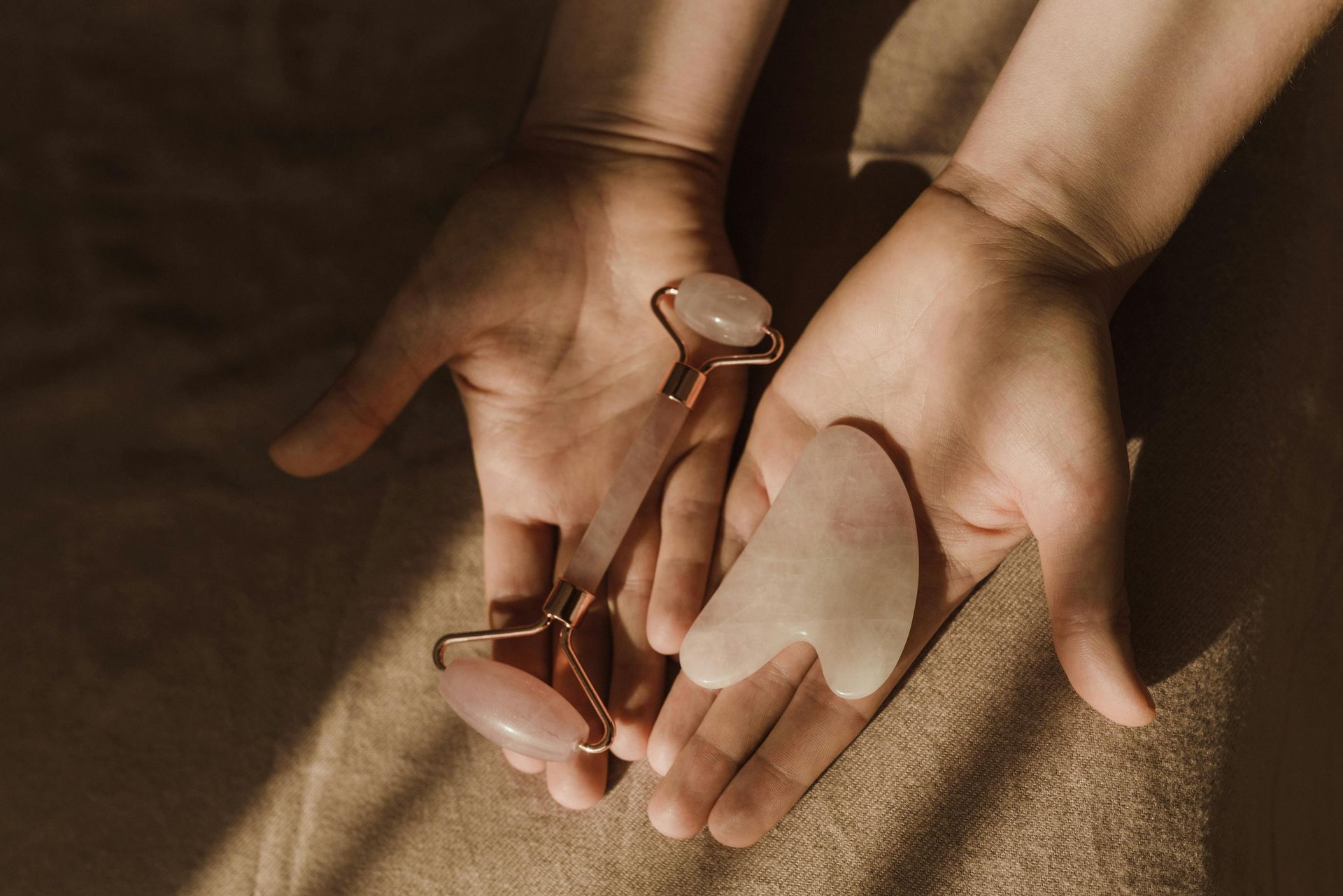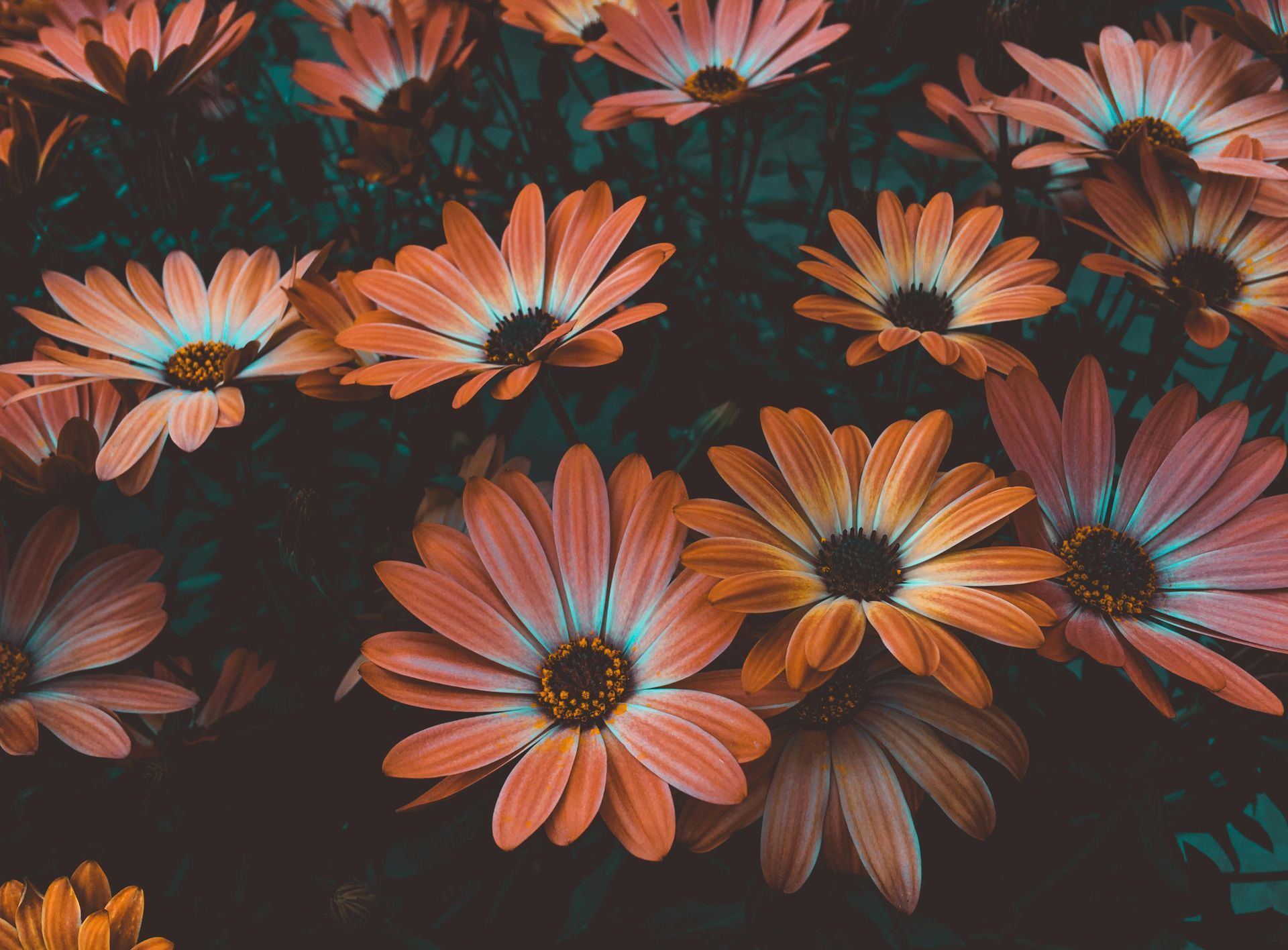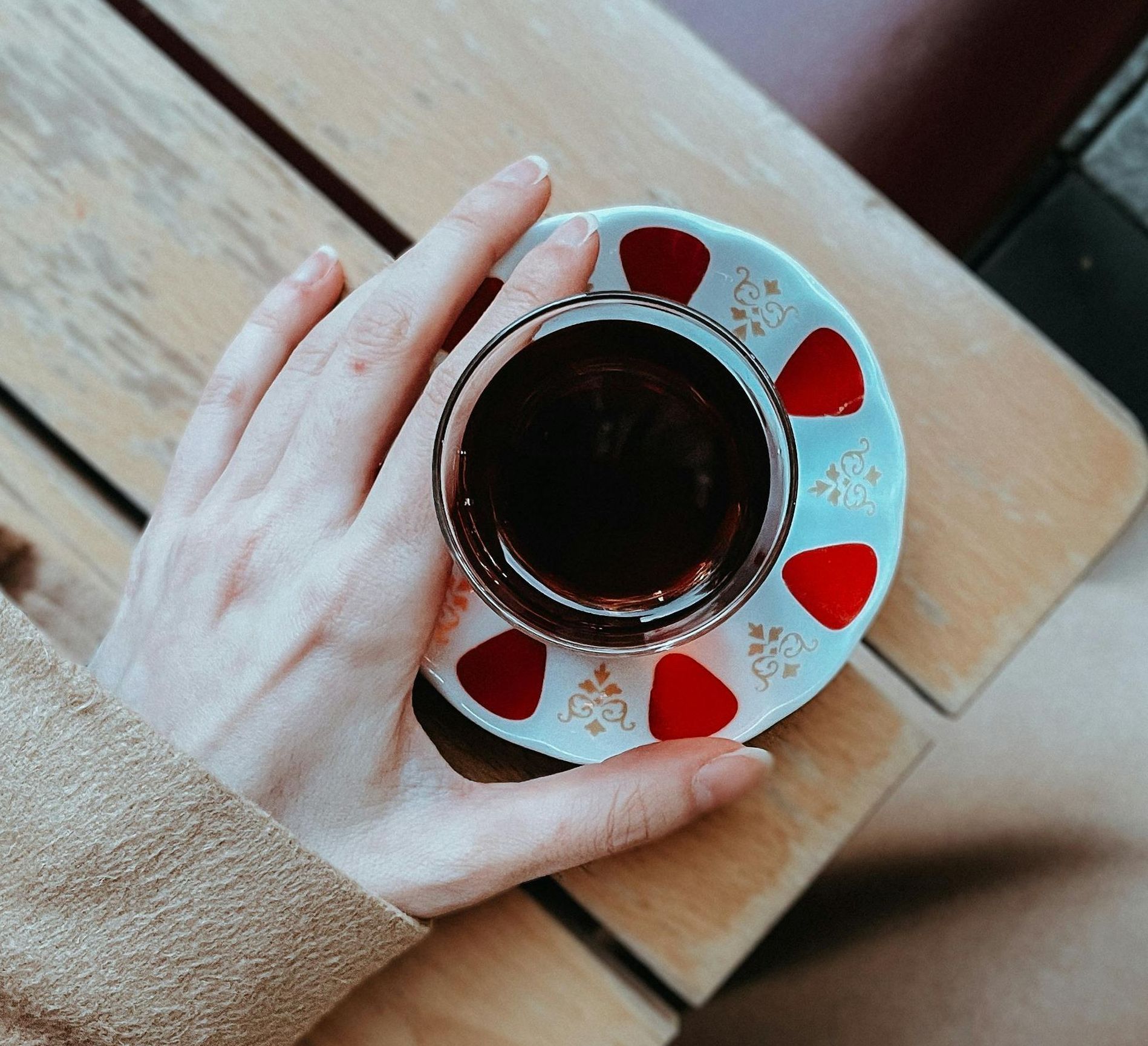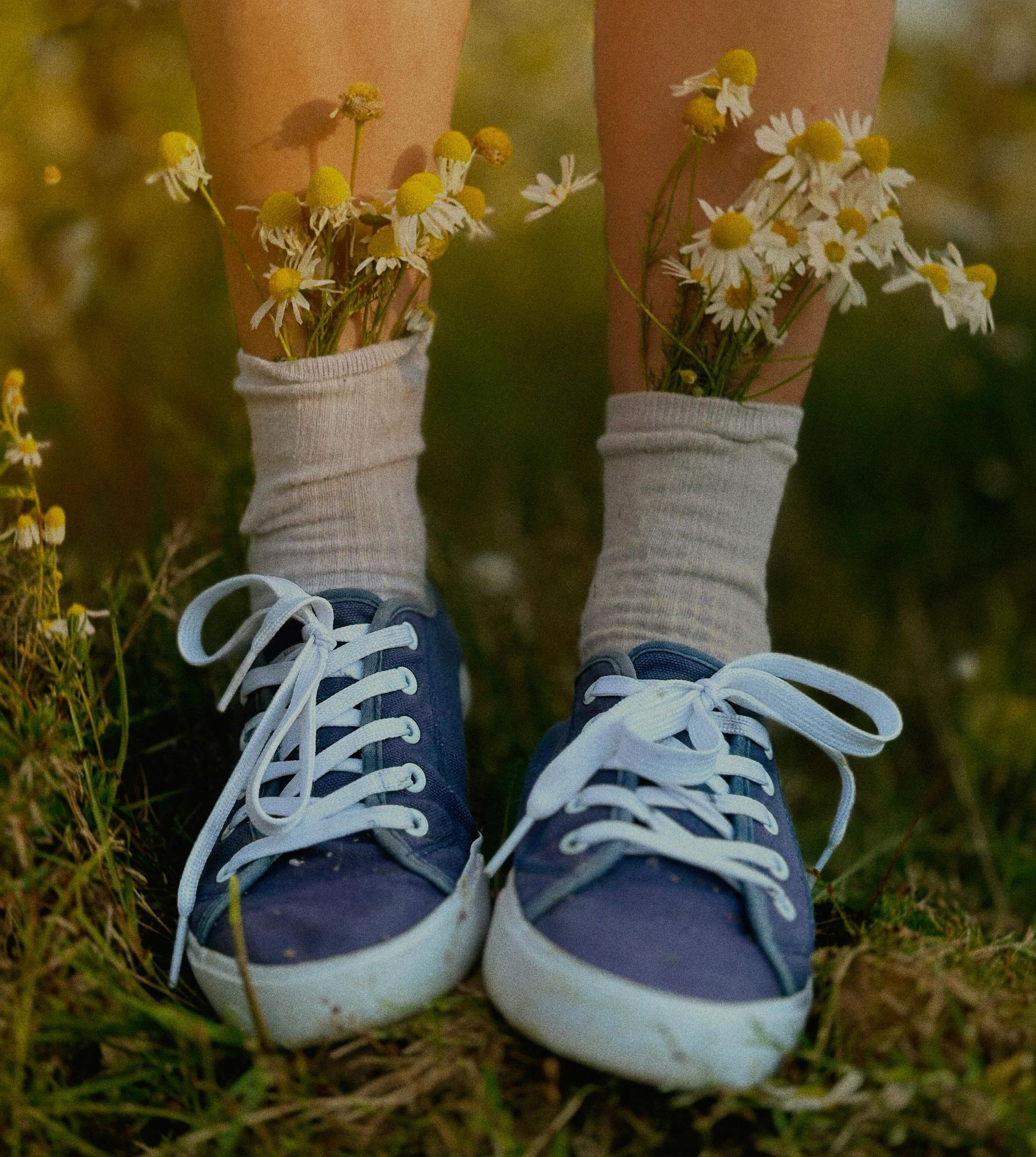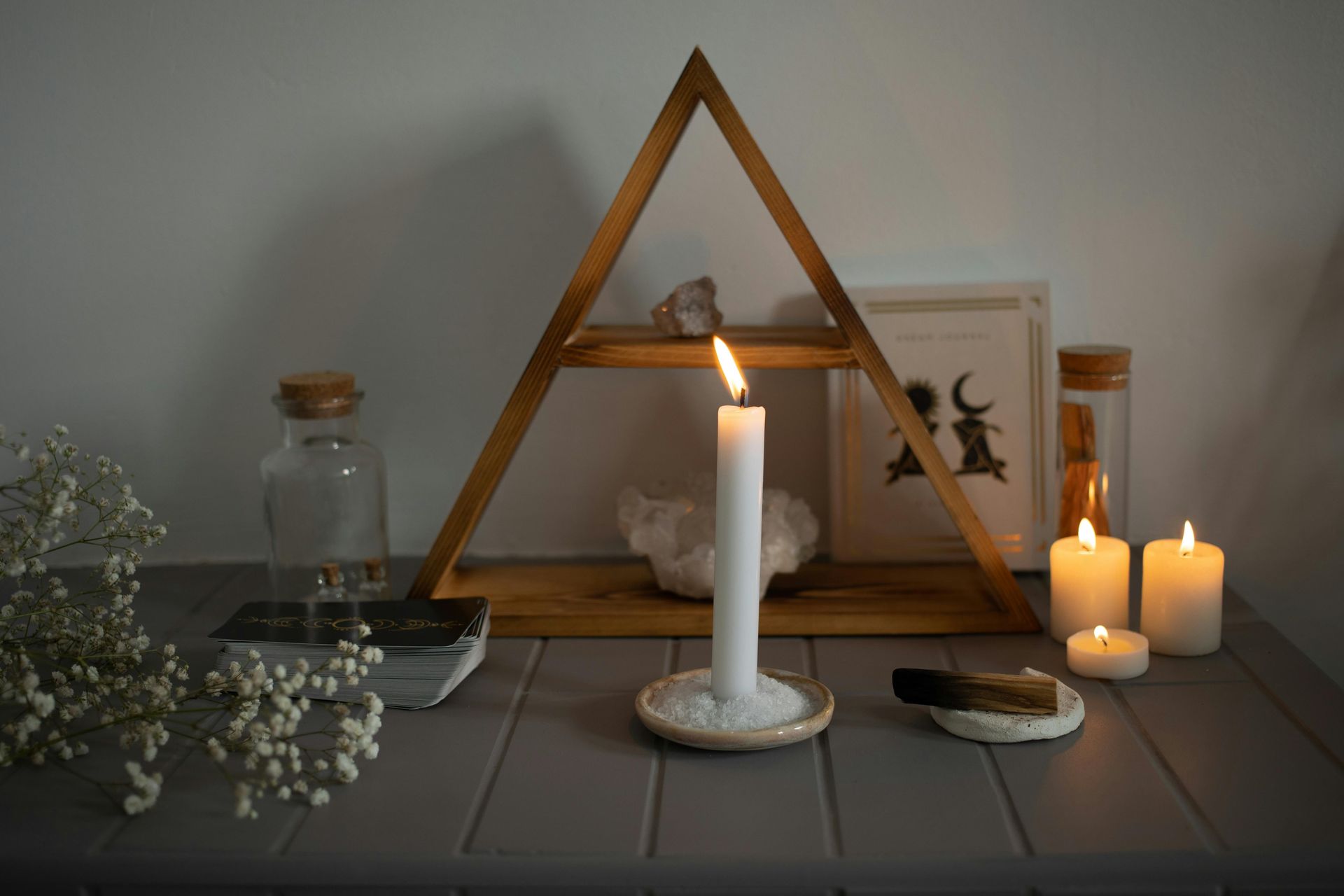Issue 7
Whats growing in the garden & what's happening in the sheets?
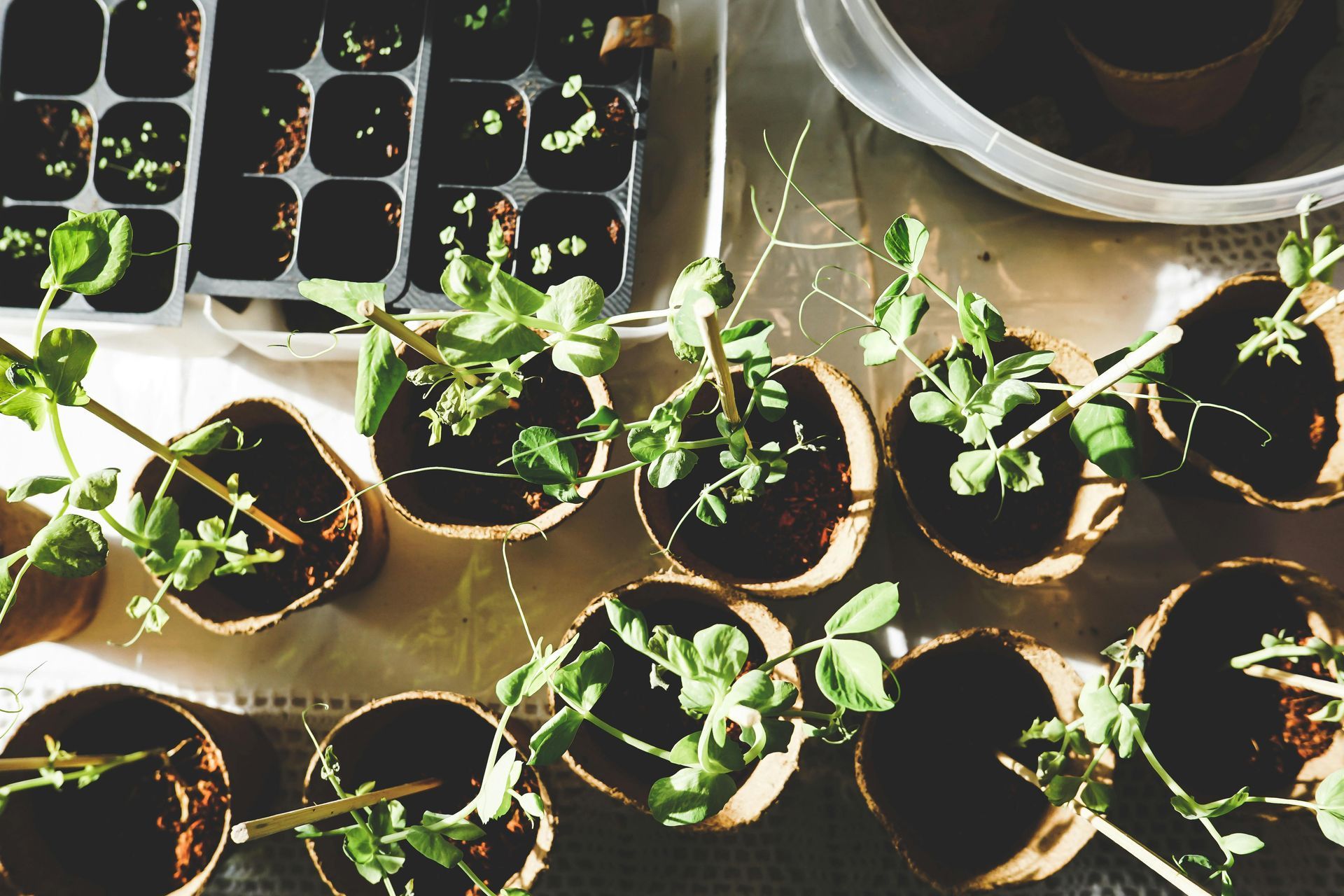
But have you fallen in love with gardening and plant keeping yet? If you aren't there, it's just a matter of time... then you'll be making sourdough, nut milks and floral paper. But first lets talk the many benefits that come from growing your own herbs for health and stress relief, and how your garden bed can benefit you in the bedroom. Touching soil and gardening offer a surprisingly rich list of physical and mental benefits—some backed by science, others deeply rooted in intuitive and ancestral wellness practices. Here’s a breakdown of what happens when you get your hands in the soil and connect with Earth:
Boosted Immune System
- Soil contains Mycobacterium vaccae, a beneficial bacteria that stimulates serotonin production and supports immune health.
- Regular exposure can make your immune system more resilient.
Better Sleep
- Natural light exposure and physical movement help reset your circadian rhythm.
- Gardening helps reduce cortisol, promoting deeper sleep.
Exercise + Strength
- Lifting, digging, planting, and weeding are forms of low-impact physical activity that improve mobility, strength, and endurance.
Vitamin D Absorption
- Sunshine fuels vitamin D synthesis, supporting bone health, mood, and immunity.
Healthier Skin (with balance)
- Soil microbes can support the skin microbiome (in moderation), helping strengthen its barrier and resilience.
and it keeps getting better with...
Mental & Emotional Benefits
Mood Elevation + Stress Reduction
- The act of gardening lowers cortisol and boosts serotonin and dopamine.
- Mycobacterium vaccae in soil has an antidepressant-like effect.
Mindfulness & Nervous System Regulation
- Gardening invites a meditative, slow-paced focus—grounding you in the present moment.
- Supports parasympathetic activation (rest and digest mode).
Reduces Anxiety + Depression Symptoms
- Nature connection and sensory stimulation (touching, smelling, seeing plants) can calm overactive nervous systems.
Sense of Accomplishment
- Nurturing a plant gives a tangible sense of growth and success, which boosts self-esteem.
Connection to Earth & Ancestry
- Touching soil reconnects you to cycles of nature and your ancestral memory—a deeply spiritual, grounding effect for many people.
Harvesting and growing your own bounty is so rewarding in many ways, its natures medicine, natures therapy. Stress effects our sleep, stress effects our hormones, which in turn can also keep us from sleeping.
Gardening and a little magnesium glycinate can help you get good sleep and relieve some stress.
Many flowers and herbs are used to treat and soothe skin irritations, to moisturize skin and hair, and can be made into extracts. Rosemary is wonderful for the scalp and hair, while chamomile is calming for the skin, lemon balm will help you sleep, and cardamom seeds can help open the lungs for asthma and during allergy season.
If you're in the desert like I am, you know the struggle of keeping plants happy in the heat, my advice is to have your garden face the eastern sky along your most west wall, giving it shade from the afternoon sun. Here is a list of some of the easier plants to maintain in Phoenix and the desert:
Basil
- Loves the heat, thrives in full sun.
- Great for inflammation, digestion, and cooking.
- Keep it watered and trim often to prevent bolting.
Mint
- Super hardy, fast-growing.
- Aids digestion and cools the body.
- Keep it in a pot—can be invasive.
Rosemary
- Drought-tolerant once established.
- Great for memory, circulation, and skin care.
- Likes well-drained soil and full sun.
Oregano
- Heat-hardy and easy to maintain.
- Antibacterial and immune-boosting.
- Ideal for desert herb gardens.
Thyme
- Thrives in dry soil and full sun.
- Antiseptic and antifungal properties.
- Low-maintenance and aromatic.
Lemongrass
- Loves heat and sun.
- Anti-inflammatory and great in teas or skincare.
- Needs space and regular watering to establish.
Sage
- Heat-tolerant, especially desert varieties like white sage.
- Used for cleansing, sore throats, and digestive health.
- Needs good drainage and full sun.
Lavender- pollinator
- Aromatic, calming, and great for skincare and stress relief.
- Needs well-draining soil and a lot of sun.
- Avoid overwatering.
Chamomile
- Soothing herb for tea and skincare.
- German chamomile grows better than Roman in the desert.
- Prefers morning sun and some afternoon shade.
Calendula (Pot Marigold)
- Great skin healer and immune supporter.
- Loves full sun, moderate watering.
- Vibrant flowers that self-seed easily.
Consider volunteering at your local community garden to give it a try or if you don't have a space to garden. Indoor gardening is an option too! Check out and support your local nursery and gardening store to get started, Phoenix friends be sure to check out Little Shop of Hydros, its where I get all my advice and supplies. Check out your local herbalist for loose leaf tea blends and tinctures to support and treat the body. Natural activation within the body is the key to vitality, herbs and plant medicine had the power to activate the body. I have been practicing Traditional Chinese Medicine guided by Majeeda Hanna of Seven Dragons Acupuncture to balance my chi, herbal teas with specific ingredients are helping me to achieve that balance- behold the power of the herb!
I hope this inspired you to get your hands in the soil, to consider herbs to activate and treat the body, to head to local herbal shop, and to encourage someone you love to do the same.
Be well, stay well
Nichoelle Adler
The Elevate Wellness Collective
